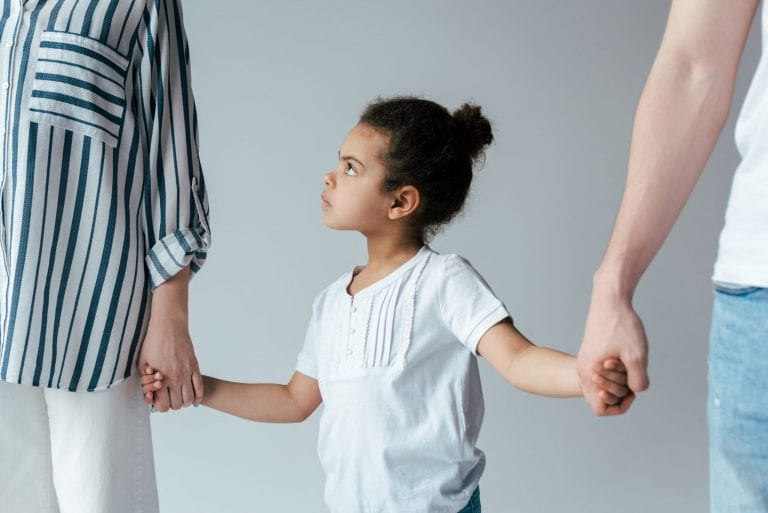The subject of the child’s mental health is very common in many of my Post-Divorce Parenting Coordination cases.
I have often found that one of the biggest drivers of a child’s poor mental health is the inter-parental conflict that the child has been exposed to. This invariably is often caused by poor inter-parental communication, which is often the cause of the divorce.
In so many of my cases, I find that the two parents entered into marriage and became parents without really communicating and knowing what the other parent’s family values are, what their parenting style is and how they view child-care. Then, after the children are born, and at each stage of their development, conflict arises between the parents. They may disagree on daily routines, sleep schedules, meal times, nutrition, public or private school education, sports, religion, discipline, travel, access to the internet and social media, and so many more parenting issues that arise.
It is very interesting to observe the cyclical nature of family breakdown.
Each parent wants the best for their child. Each parent believes that they know what is best for their child. Each parent refuses to allow their child to suffer from poor mental health, problems at school, anxiety, or depression. Hence, the parents do not agree and end up in conflict. In turn, the children are exposed to this inter-parental conflict, which causes them to suffer from poor mental health, problems at school, anxiety, or depression.
The irreconcilable differences in post-divorce parenting styles cause the very outcome that the parents sought to avoid. So as a Parenting Coordinator, I often find myself asking the parents if they think that they may be contributing to their child’s mental health by exposing them to inter-parental conflict, and not even knowing it. In some cases, it can be a parent’s own (undiagnosed or untreated) mental health challenges that are contributing to the child’s poor mental health.
Children, just like adults, have health or educational needs that need to be managed. The child may not be receiving what they need; so the child displays negative behaviour; so the parents blame each other; then the child is exposed to this inter-parental conflict and displays negative behaviour. If the poor state of the child’s health is caused by exposure to conflict, the cycle continues.
The Parenting Coordinator is in a preferred position to assist children in that situation – even better than any judge could.
Firstly, the Parenting Coordinator can provide psychoeducation to parents to assist them in recognizing and addressing the cause of the child’s problems. The Parenting Coordinator will work closely with each parent to ensure that they are heard and understood. Rapport and trust is critical.
The Parenting Coordinator can then focus on assessment and ascertain what changes are needed and what interventions are most suitable for the child.
The Parenting Coordinator can then research, vet, recommend, and, if necessary, decide what support services are appropriate for the child.
The Parenting Coordinator can work with each parent separately and individually to address the child’s needs.
The Parenting Coordinator is more familiar with the local service providers and agencies in the community, such as therapists and programs.
The Parenting Coordinator will monitor the progress of the child’s treatment plan to ensure that it is succeeding and, if necessary, change the plan or the service provider.
The Parenting Coordinator will assist with the logistics of having the child attend therapy, address the financial responsibilities, and make changes in the parenting schedule or other after-school activities to accommodate therapy appointments.
If divorced parents are facing problems with post-divorce parenting, Parenting Coordination is the right choice.
Steve Benmor is certified by the Law Society of Ontario as a Specialist in Family Law and is a Fellow of the International Academy of Family Lawyers. He is a Divorce Mediator accredited by the Alternative Dispute Resolution Institute of Ontario and a Certified Specialist in Parenting Coordination accredited by the Family Dispute Resolution Institute of Ontario. You can find his CV at https://benmor.com/wp-content/uploads/2023/12/Steve_CV_Nov23.pdf He can be reached at steve@benmor.com.
Share this article on:
